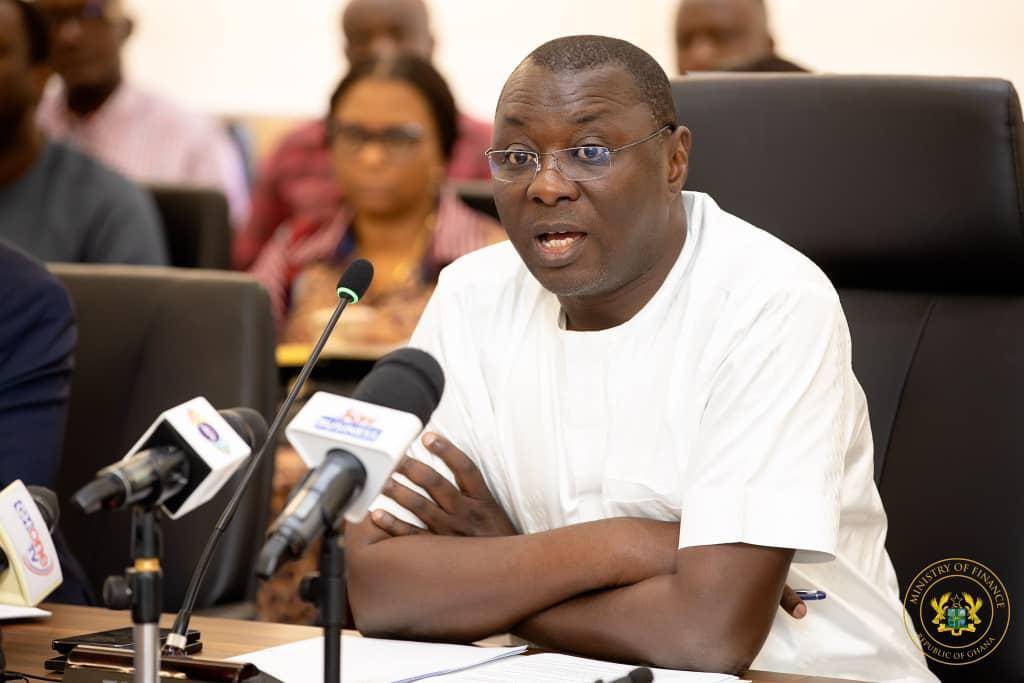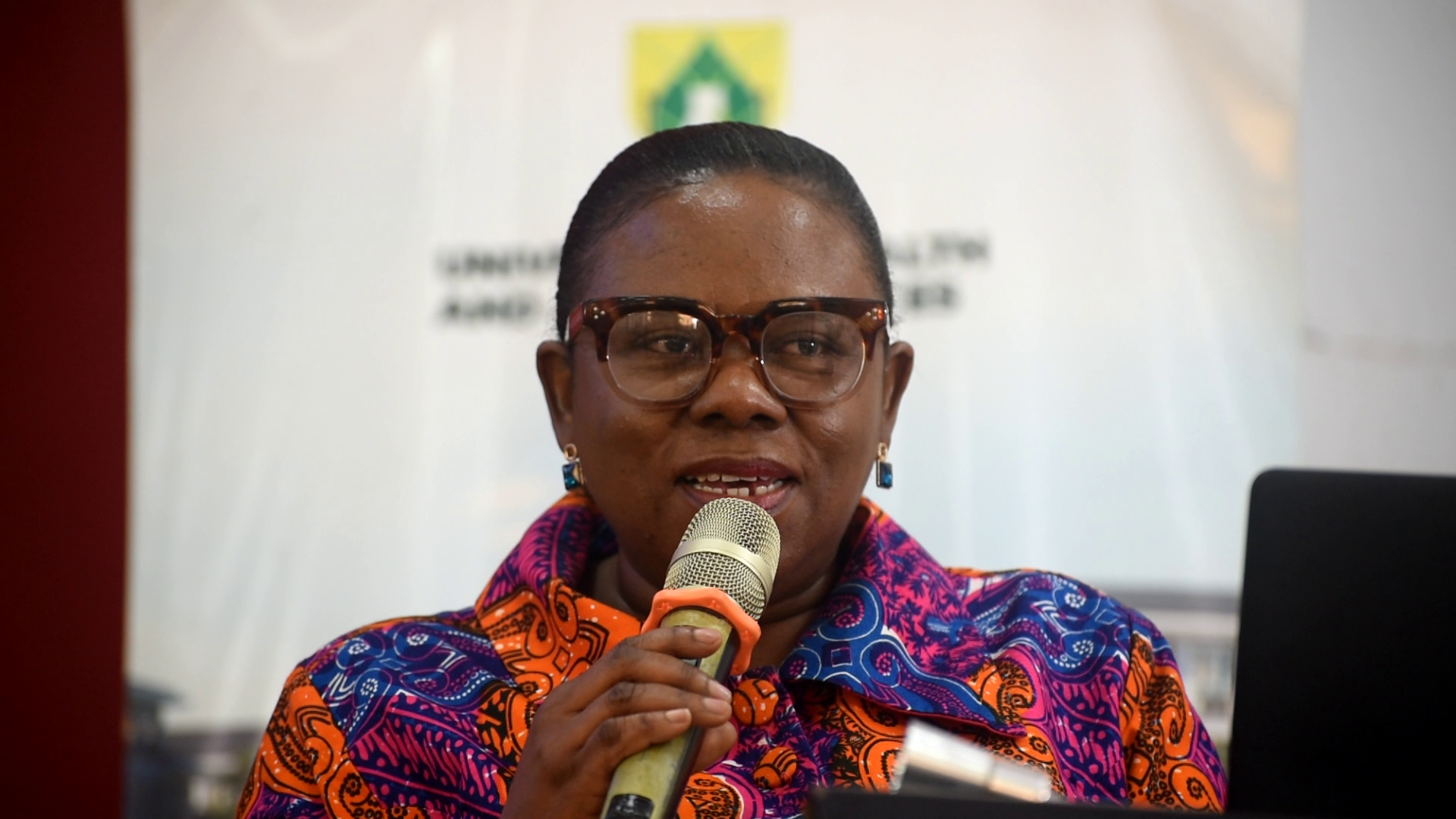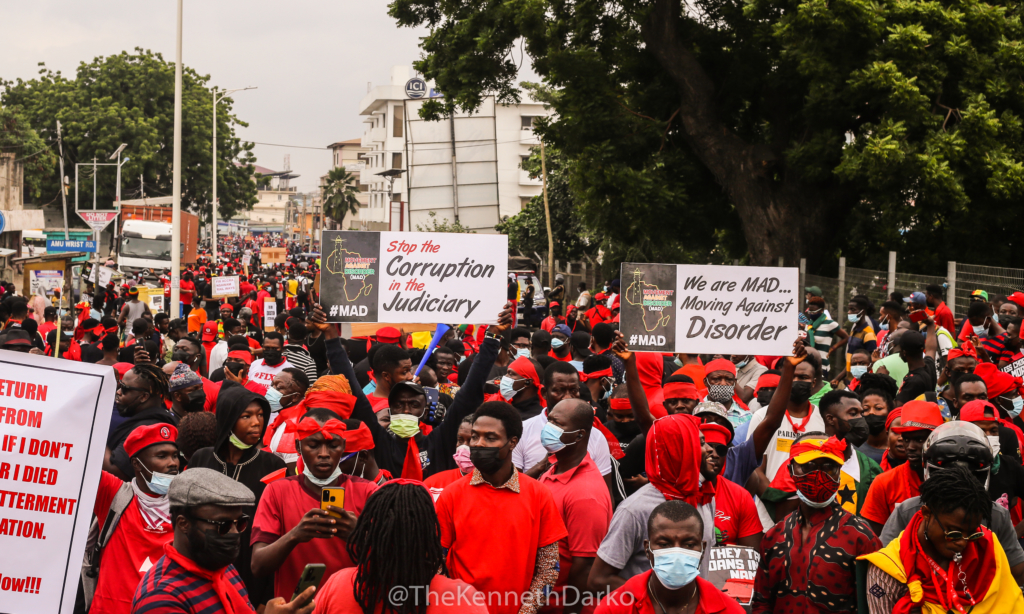ARTICLE AD
Ghana’s economy is on a promising trajectory towards stability, says the Minister of Finance, Mohammed Amin Adam.
Speaking at a press conference following the World Bank/IMF Spring Meetings in Washington D.C. on Sunday, April 21, 2024, Minister Adam highlighted the country’s robust economic progress and strong recovery.
One of the achievements mentioned by the minister was the significant reduction in the primary deficit. At the close of 2022, Ghana recorded a primary deficit of 4.3 per cent of the Gross Domestic Product (GDP). However, by the end of 2023, this deficit had shrunk dramatically to just 0.3 per cent, marking a four-percentage point decrease.

“This reduction in the primary deficit from 4.3 per cent of GDP in 2022 to 0.3 per cent in 2023 represents about a four percentage point decline,” the minister explained.
Such a reduction in deficit does not only demonstrate fiscal responsibility, but also indicate a strengthening economy capable of managing its financial obligations more effectively.
Anticipating further positive developments, Minister Adam expressed his optimism about Ghana’s economic future. He projected a surplus of 0.5 per cent of GDP by the end of the current year, with expectations rising to 1.5 per cent of GDP by next year.
“Progress is good, recovery is strong, and we are heading very quickly to stabilisation, which is what we need to generate growth,” Mr Adam stated confidently.
The minister’s remarks come as encouraging news as government has been striving to bolster the economy and attract foreign investment. Achieving a surplus in the near future could pave the way for increased government spending on infrastructure, healthcare, and education, thereby benefitting the nation’s citizens.
The minister’s views were strongly backed by IMF Mission Chief for Ghana, Stéphane Roudet, who stated in response to a question from journalists in a separate briefing that the worst is over for Ghana.
He stated, “I think if the programme continues to be implemented the same way it has been implemented in the past, yes, we may have seen the worst, but fully restoring macroeconomic stability requires continued implementation of the programme. There is no doubt about this. I think this has been the message across the board.”
He continued, “It has been the same from the managing director when she was in Accra a few weeks ago. The programme needs to continue to be implemented to make sure that those gains are entrenched and further gains are being realised over the next few years.”
Stability in the economy will create a conducive environment for businesses to thrive, leading to job creation and improved living standards for Ghanaians.
However, while the recent economic progress is commendable, it will be essential for the government to continue implementing sound fiscal policies and promoting sustainable growth to ensure long-term stability and prosperity.
BY TIMES REPORTER

 11 months ago
76
11 months ago
76 

